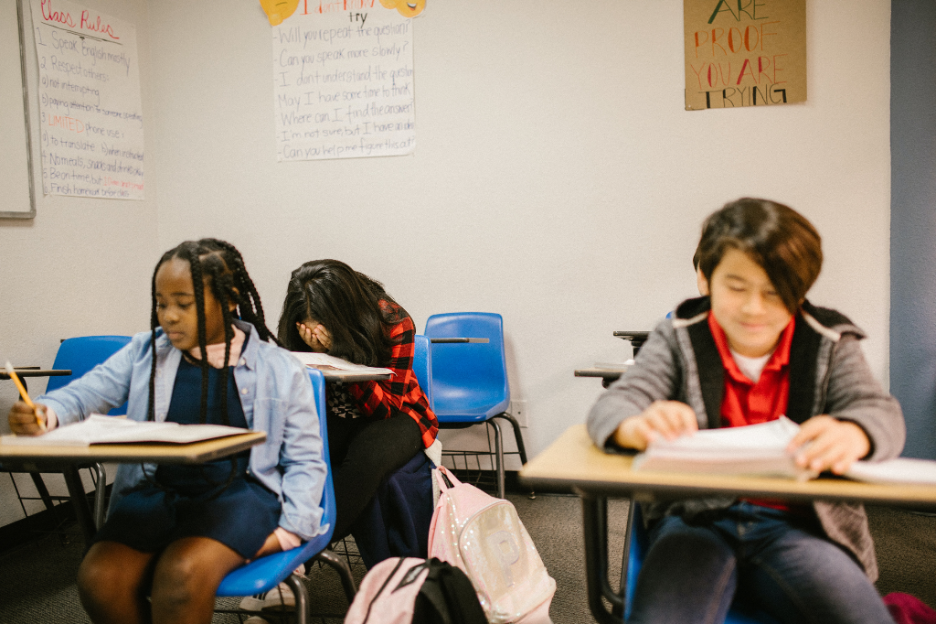Michigan’s K-12 education system ranks 32 in the nation according to U.S. News. And according to data from the Michigan Student Test of Educational Progress (M-STEP), performance continues to drop at alarming rates in math, reading and social studies. Sure, the pandemic played a role in decreased performance, but we’ve been far behind other states for years. And the fact of the matter is we need to modernize our approach to education to give our students what they deserve to succeed: accountability and freedom of choice.
Statewide M-STEP math performance data from 2021 shows 28.6% of sixth-graders tested proficient or above, compared to 35.1% in 2019. And 42.3% of third-graders tested proficient, compared to 46.7% two years prior. In social-studies, only 15.6% of sixth-grade students tested proficient, and that’s 1.8% less than in 2019. And more recent data from the 2022 M-STEP says that 58.4% of third-graders failed the state’s English language arts (ELA) proficiency test.
These numbers are alarming. It’s time to make a plan to reverse our path. We need to look at data from other states who have successfully reformed their education systems, like Florida, whose K-12 achievement has jumped from 11 to 4 in national ranking. And two of the major impactors in Florida’s K-12 academic transition were accountability and parental choice, also referred to as school choice.
An accountability system is a set of policies that a state uses to measure academic performance and hold schools and districts responsible for improving student achievement. The system implements an A-F grading scale to measure student performance and progress and identify students who are struggling.
The simplicity and familiarity of this scale allows parents to easily interpret their child’s performance. The system also allows schools and states to benchmark performance and set goals more effectively, preparing students for graduation and college. The accountability system is the leading school reform system in the United States.
But implementing this system isn’t enough. We need to address the wide gaps in equity that exist in our state’s education system. Students are bound to an academic destiny based on their household income and background, and it’s constraining their potential to succeed.
Currently, Michigan’s school of choice program offers parents the opportunity to send their child to their school of preference within the boundaries of the school district they belong to based on where they live. And not every school district participates in school of choice.
If we expand our school of choice program to include all state school districts and offer scholarships to students from low-income and working-class families, we could close the gap in education equity. And coupled with an accountability system, we can start climbing our nation’s educational ranks. But it all starts with policy that we’ve seen work before in other states.
This October, we’ll be hosting in-depth discussions with top leaders in education at the West Michigan Policy Forum conference. We need you to show up for that conversation. We need to fight harder for our kids. Register now on our website.


